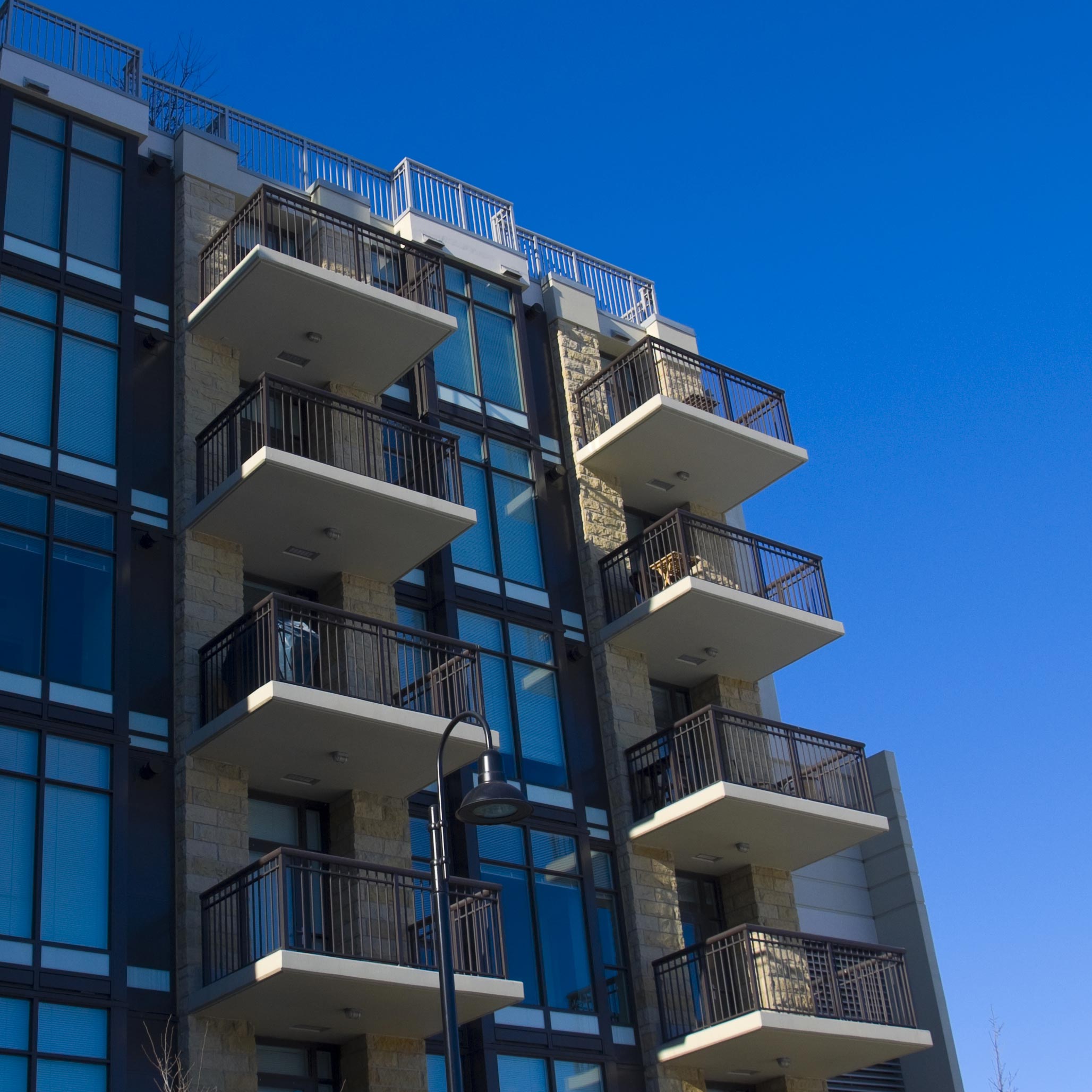Leasehold covenants might not be the most exciting topic, but a failure to understand your obligations and responsibilities can lead to unfortunate repercussions, as Brady Solicitors explain.
Our property management specialists receive enquiries every day from leaseholders wanting to tackle freeholders that aren’t fulfilling their obligations and, on the other side of the fence, from freeholders struggling with leaseholders who are breaching the terms of their lease.
This blog piece aims to explain leasehold covenants and the problems that can occur when either party fails to comply!
The relationship between the freeholder and the leaseholder is governed by the lease, with rights and obligations for each party. In the most basic terms, ‘rights’ are the things you are entitled to receive, whereas ‘obligations’ are the things you are required to do.
In many leases there will be obligations placed on both the landlord and the leaseholder that you may be unaware of but which, if breached, can have severe implications.
Restrictive covenants and positive covenants explained
Within the lease you will be aware of the terminology ‘restrictive covenants’ and ‘positive covenants’.
A positive covenant can be described as an obligation to take action, such as structural repair and maintenance matters. These positive covenants typically fall on the freeholder. An example of a freeholder’s positive covenant in a lease could be the requirement to paint the exterior of the building at least every five years.
Another example is an obligation to ensure the maintenance and repair of the exterior and infrastructure of the building. Failing to meet any such requirement could mean that the freeholder is in breach of their repairing covenant in the lease, and can give rise to leaseholders withholding payment of their service charge.
Meanwhile, leaseholders are generally subject to ‘restrictive covenants’, which will set out what the leaseholder must NOT do. Examples of this can include: not installing hard floors, not parking large vehicles outside the property, not keeping pets, not causing a nuisance at the property, and so forth.
Leaseholders will also be subject to positive covenants, with the most common examples being the requirement to maintain the interior of the property, and to pay the service charge in accordance with the lease.
Failure to comply with lease covenants
A freehooder who fails to meet their obligations risks leaseholders taking action against them, whether through issuing Court proceedings or simply withholding service charge payments in protest.
On the flipside, a leaseholder who fails to meet the covenants in their lease risks their landlord taking the draconian step of issuing legal proceedings, with a view to serving a section 146 forfeiture notice.
Importantly, if a leaseholder sublets their property it is the leaseholder’s job to ensure that tenants fully understand – and comply with – the terms of the lease. The lease is the contract between freeholder and leaseholder and so the responsibility for any breaches by the tenant rests firmly with the leaseholder.
Prevention is better than cure!
Tackling a breach of the lease, whichever side of the fence you are on, can be a time-consuming and difficult process.
The best action you can take is to familiarise yourself with the lease and the covenants within it to make sure you understand your rights, responsibilities and obligations. If you are in doubt as to what any of the terms mean (and they aren’t always written in the plainest of English!) ask your solicitor to review your lease and explain the terms to you.

